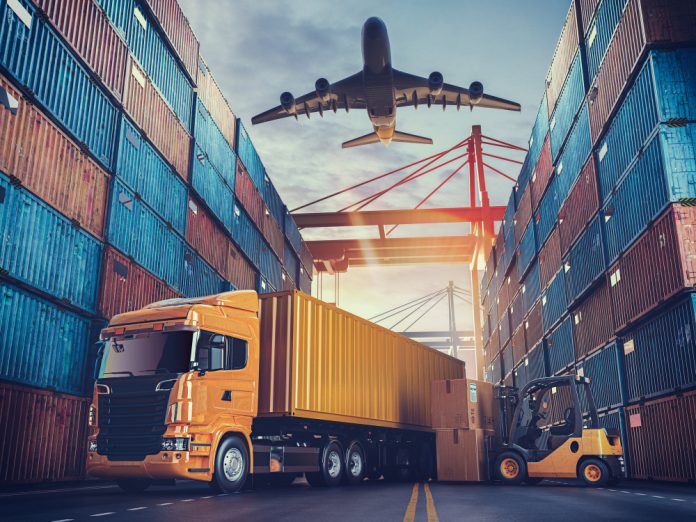In a sector as complex and fast-moving as logistics, the need for real-time visibility, tamper-proof data, and trusted systems is not just desirable—it’s critical. With the Indian logistics industry becoming increasingly digitized, blockchain technology has emerged as a game-changer in driving transparency, trust, and efficiency across the supply chain.
Though still in early stages of adoption, blockchain’s potential to solve legacy issues—from fraud to inventory mismanagement—is now being actively explored by Indian logistics leaders, with guidance and advocacy from bodies like FICCI and AITWA.
Why Blockchain Matters in Indian Logistics
Blockchain is essentially a digital ledger technology that stores data in decentralized, immutable records. This means every transaction—be it the handover of a consignment, a payment, or an update to shipment status—is time-stamped, traceable, and nearly impossible to manipulate.
For logistics companies, this has powerful implications:
- End-to-end shipment tracking from source to destination
- Tamper-proof documentation including invoices, PODs, and compliance papers
- Streamlined coordination among manufacturers, distributors, freight operators, and end customers
- Fraud reduction, especially in cross-border logistics and third-party contracts
In a country like India, where supply chains often span multiple states, modes, and service providers, blockchain offers a single source of truth.
FICCI’s Push for Blockchain in the Supply Chain
The FICCI Logistics & Supply Chain Committee has long recognized the transformative potential of blockchain. Their recent initiatives include:
- Hosting industry dialogues and roundtables on Blockchain-as-a-Service (BaaS) adoption
- Collaborating with tech firms and academic institutions to pilot proof-of-concept projects
- Publishing whitepapers that recommend policy guidelines for secure digital ledgers in freight movement
In 2022, FICCI partnered with a leading logistics tech startup to launch a pilot for blockchain-based tracking on pharmaceutical shipments—a critical area where security and integrity are non-negotiable.
AITWA’s Ground-Level Implementation Drive
AITWA has been instrumental in advocating for real-world blockchain use cases among small and mid-sized road transport operators. Through educational workshops, digital bootcamps, and pilot programs, AITWA is helping demystify the technology.
They focus on:
- Digital documentation for freight movement, reducing the need for physical invoices and proof-of-delivery slips
- Freight matching platforms built on blockchain to eliminate middlemen and fake loads
- Educating truck owners on smart contracts—digitally enforceable agreements that automatically execute terms when certain conditions are met
This decentralization helps cut delays, boosts driver accountability, and ensures that payments are made securely and on time.
Case in Point: Blockchain in Cross-Border Trade
A standout example is the integration of blockchain in cross-border logistics between India and Bangladesh. A pilot facilitated by an Indo-ASEAN logistics consortium tested blockchain-based trade documentation, cutting customs clearance time by nearly 50%.
It’s this kind of frictionless, transparent movement that the Indian logistics industry desperately needs—especially as international freight demand continues to grow.
Barriers to Adoption
Despite its promise, blockchain adoption isn’t without challenges:
- High technical complexity and lack of understanding among traditional players
- Cost of integration with legacy ERP and logistics systems
- Regulatory uncertainty around digital contracts and blockchain-based evidence
Industry bodies like FICCI and AITWA are actively lobbying for a national framework to define standards, certifications, and legal admissibility of blockchain data in logistics transactions.
A Trust-Based Ecosystem:
The real promise of blockchain in Indian logistics isn’t just technical—it’s cultural. In an industry often plagued by mistrust, delayed payments, and information asymmetry, blockchain enables a shared truth. It builds a network of partners who operate with visibility and accountability at every touchpoint.
As infrastructure improves, awareness grows, and support from bodies like FICCI and AITWA expands, blockchain could soon become a foundational layer in India’s logistics future.









